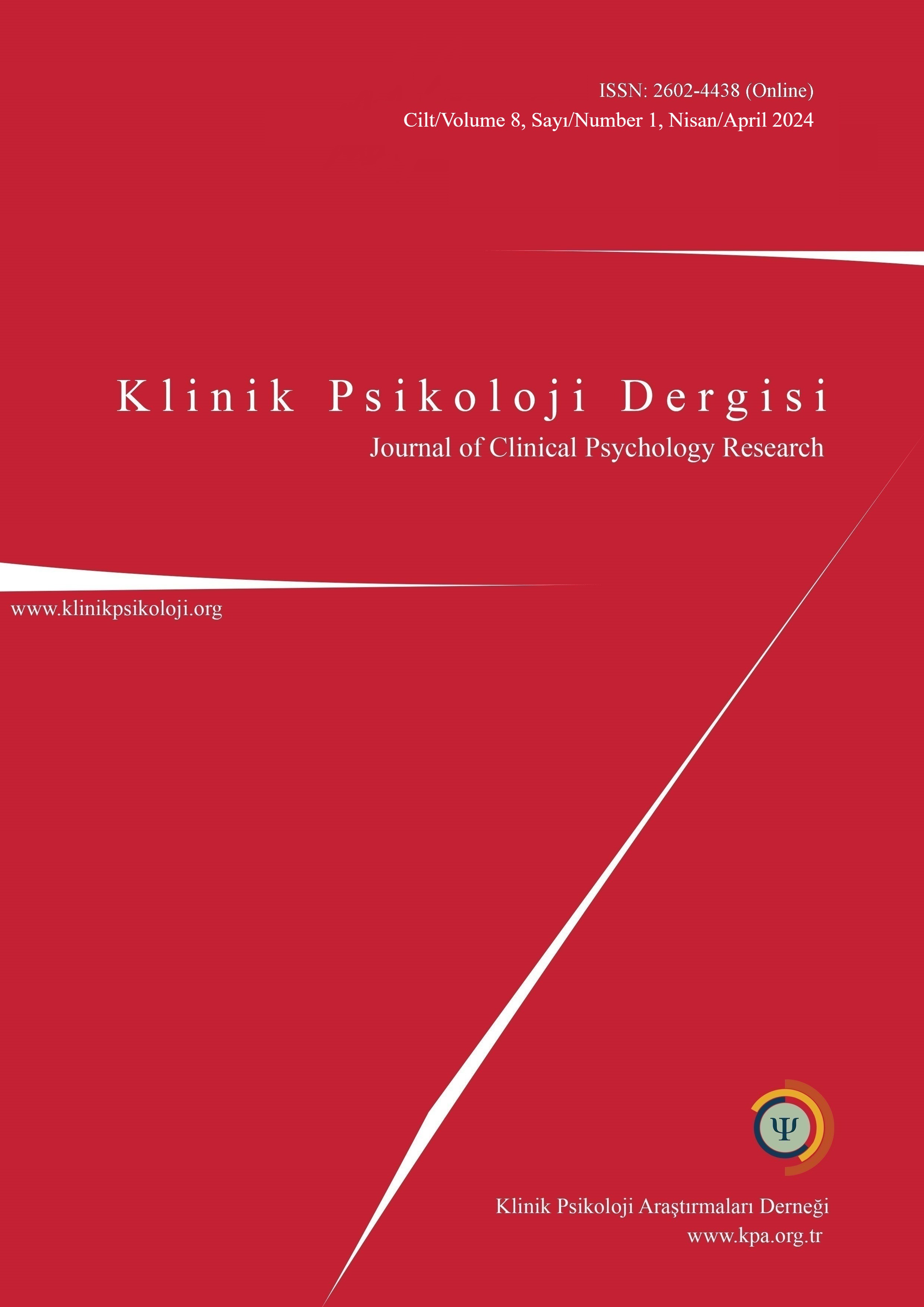Beyond symptom classification: Analyzing subjectivity of people diagnosed with obsessive compulsive disorder through Lacanian Discourse Analysis perspective
Beyond symptom classification: Analyzing subjectivity of people diagnosed with obsessive compulsive disorder through Lacanian Discourse Analysis perspective
Author(s): Sinem Baltaci, Sevda Sarı, Tülin GençözSubject(s): Psychology, Clinical psychology, Psychoanalysis
Published by: Klinik Psikoloji Araştırmaları Derneği
Keywords: subjectivity; OCD; obsessional neurosis; diagnostic discussion; Lacanian discourse; discourse analysis; critical discourse analysis;
Summary/Abstract: Intrusive thoughts and repetitive behaviors are manifested in numerous forms, however regarding the symptom-based system, people with such diverse forms of symptoms are diagnosed un-der the same category, named obsessive-compulsive disorder (OCD). The social constructivist approach, that have an increasingly substantial impact on psychotherapy research, emphasizes the subjectivity of individuals since the therapeutic field focuses on one-to-one work. Although studies on psychotherapy and the use of language are expanding, to the best knowledge of au-thors the subjectivity of people diagnosed with obsessive-compulsive disorder has not yet been studied using a combination of qualitative, discursive, critical, and language-based perspectives. The main purpose of this study was to critically evaluate the symptom-based diagnosis in the therapeutic process, with a particular emphasis on the subjectivity of people with OCD symp-toms and their discursive practices. For this aim, interviews were conducted with six participants who were diagnosed with OCD and selected via the purposive sampling method. As for the quali-tative analysis, critical and Lacanian Discourse Analysis perspectives were utilized. Considering the concepts of this perspective, the analysis revealed that though all participants were diagnosed under the same category, namely OCD, their basic signifiers, positioning, and relationships with the Other were quite distinct. Furthermore, differentiated patient discourses and gender differ-ences emerged as crucial issues that were discussed in the light of Lacanian psychoanalytic litera-ture. These findings suggested that individuals should be carefully listened to within their own subjectivity and psychological structures instead of being broadly categorized on the basis of symptom similarity. Based on the findings, the current study presents a diagnostic debate and key clinical implications.
Journal: Klinik Psikoloji Dergisi
- Issue Year: 8/2024
- Issue No: 1
- Page Range: 114-124
- Page Count: 11
- Language: English

